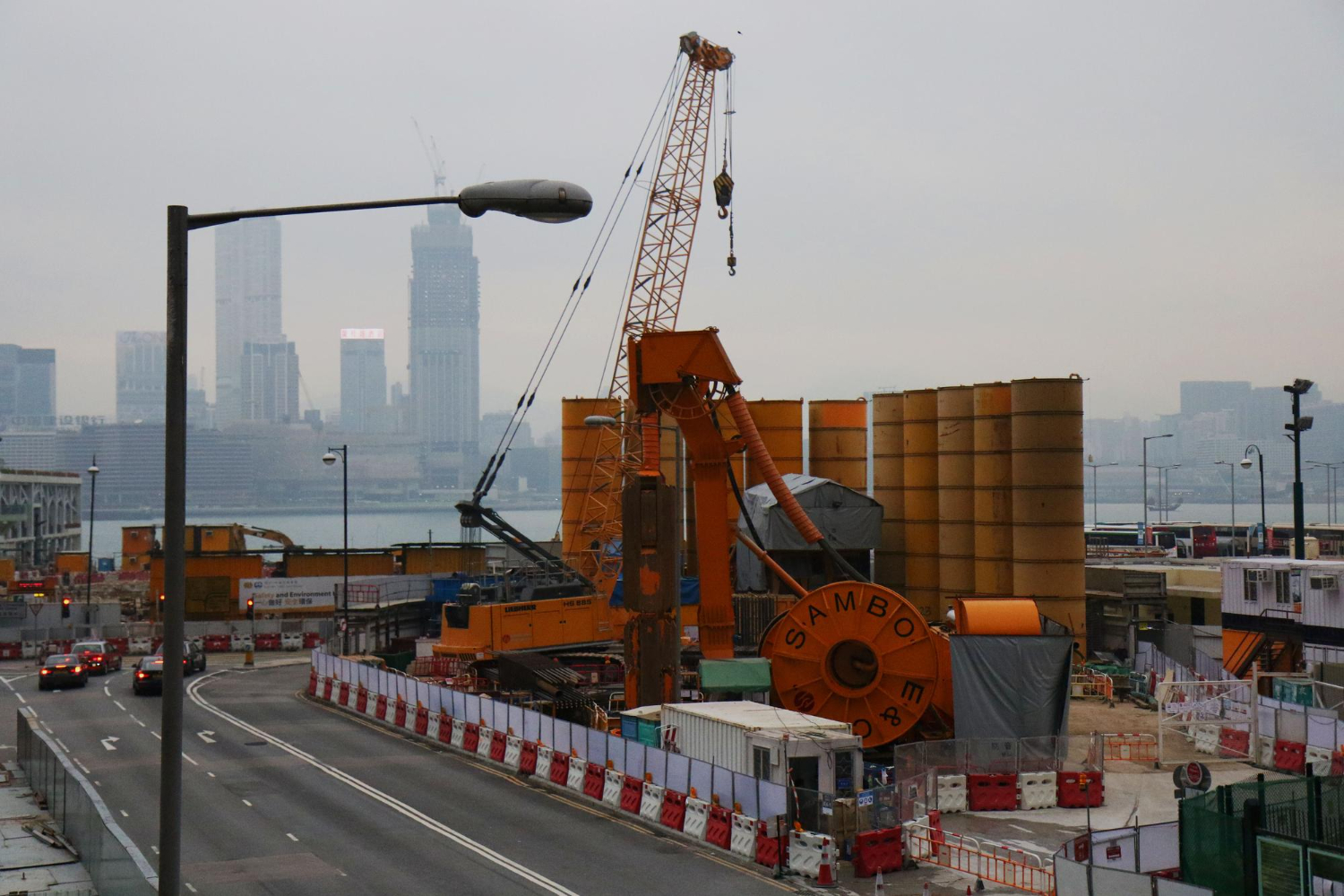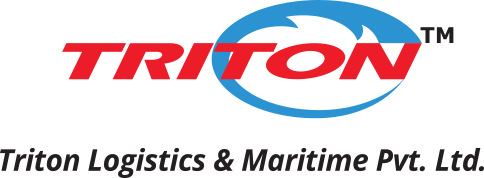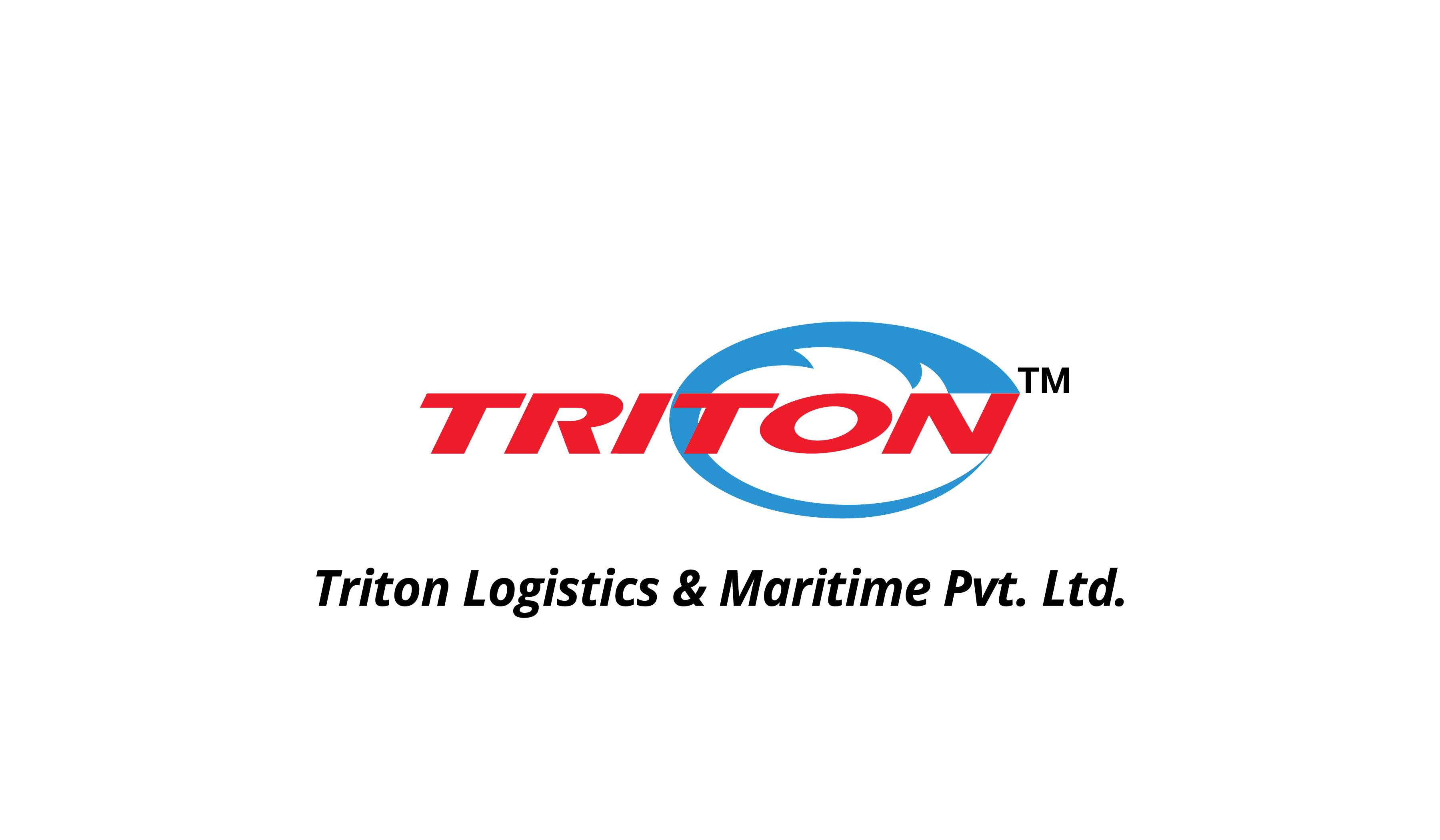Every megaproject, whether a metro rail, an offshore wind farm, or a refinery expansion, lives or dies by logistics. Freight forwarders ensure that turbines, refinery modules, or prefabricated bridge spans arrive exactly when and where they are needed. Without a precise project logistics solution, billion-dollar ventures risk spiraling into delays and overruns.
The Complexity of Project Logistics
The scale of megaprojects makes logistics a critical, high-stakes undertaking. These projects often stretch across decades, involve the participation of numerous countries, and require billions in capital. Cargo such as turbines, transformers, or modular refinery units demands special handling, engineered transport routes, and synchronized delivery schedules. A single delay can cascade across the project.
McKinsey research shows that megaprojects often run 80% over budget and 20% over schedule. For project sponsors, this isn’t just a statistic. It’s a warning: outdated logistics approaches no longer work. The right freight forwarder must provide dynamic, integrated project logistics solutions that anticipate risks rather than react to them.
Technology Is Redefining Project Logistics
Digital innovation is fundamentally reshaping how freight forwarders manage logistics complexity. Modern tools bring predictive control, visibility, and speed to projects once managed with paperwork and reactive firefighting.
- IoT-enabled visibility: Sensors monitor cargo condition and location in real-time, which is essential for fragile or oversized equipment.
- Digital twins: Virtual replicas enable teams to run “what-if” scenarios and simulate the impact of disruptions before they occur.
- Blockchain: Creates tamper-proof digital records, reducing disputes over deliveries and ensuring compliance.
Consider the Port of Rotterdam’s use of digital twins to reduce congestion or Siemens’ IoT-driven improvements to railway projects. Freight forwarders apply the same principles inland—predictive berthing becomes predictive road clearance; digital twins of ports become maps for multimodal heavy lift. These technologies transform logistics from reactive management into predictive control.

AI-Powered Planning for Freight Forwarders
Artificial intelligence adds another level of important foresight. Deloitte says that Bechtel has tested AI scheduling on a small scale to find the best routes for important infrastructure. Freight forwarders are using the same method to improve project logistics solutions for all types of transportation. AI lets them:
- Use predictive analytics to predict problems in the supply chain.
- Make multimodal schedules better to cut down on downtime and fuel costs.
- Change the way resources are used when conditions change.
At Triton Maritime & Logistics, AI tools are used to predict problems with transporting turbines due to bad weather or traffic jams at ports. This makes sure that deliveries happen during important construction windows. This technology gives both strength and accuracy in megaprojects where every day missed can cost millions.
ESG: Sustainability Embedded in Project Logistics
Megaproject delivery now demands more than efficiency; it must withstand ESG scrutiny. Investors and local communities alike expect sustainability in practice, not just policy. Leading freight forwarders like Triton Maritime & Logistics integrate sustainability directly into project logistics solutions, focusing on:
- Eco-efficient routing to reduce fuel consumption and emissions
- Adoption of cleaner fuels and green vessel practices where feasible
- Efforts to minimize waste through smarter packaging and handling
- Transparent ESG reporting and climate risk disclosure for stakeholders
Industry-wide goals such as Maersk’s net-zero target show the scale of commitment, and we translate those commitments into on-the-ground project execution. For refinery cargo routed across South Asia, eco-efficient paths help reduce emissions per ton-kilometer. Community engagement also supports timely approvals for transport corridors. By translating ESG into measured logistics practices, Triton reduces environmental footprints and project risks.

AI and Autonomous Shipping
Maritime transport remains central to megaproject logistics, and it is changing rapidly as well. Hyundai Glovis and Avikus have tested autonomous navigation on oceangoing vessels, lowering fuel intensity and human error. CMA CGM works with Google Cloud on AI route optimization. At the same time, Uber Freight has brought machine intelligence to truck capacity planning.
These aren’t abstract trends; they shape how freight forwarders design end-to-end multimodal strategies. For an oil and gas client, autonomous routing could mean faster ocean crossings paired with predictive handoffs at rail terminals. By embedding AI into every mode, freight forwarders offer more reliable, greener project logistics.
Integration: The Future of Project Logistics Solutions
The real breakthrough is integration. Future-ready logistics is not about isolated technologies, but about uniting AI, digital twins, and ESG practices into a single, coordinated project logistics solution.
- AI provides predictive scheduling.
- Digital twins give real-time operational awareness.
- ESG standards ensure alignment with global sustainability requirements.
When brought together by an experienced freight forwarder, the result is more substantial cost control, reduced risk, and higher stakeholder confidence.

Why the Right Freight Forwarder Defines Megaproject Success
Energy, healthcare, aerospace, manufacturing, and defence all rely on project logistics. But success depends less on the equipment moved and more on the expertise of the freight forwarder.
- Energy: Offshore wind farms need precise delivery of turbines within narrow weather windows.
- Healthcare: Hospitals require secure, temperature-controlled delivery of life-critical equipment.
- Aerospace: Assembly lines depend on synchronized shipments across global suppliers.
- Defence: National security projects demand uninterrupted, discreet logistics planning.
In every case, the right freight forwarder ensures that project logistics solutions align with budgets, deadlines, and sustainability commitments.
Triton Maritime & Logistics: Defining Project Backbone
For over two decades, Triton Maritime & Logistics has delivered complex megaprojects across continents. Our strength lies in combining deep freight forwarding expertise with future-focused project logistics solutions that reduce risk and unlock value.
| Triton Advantage | How It Works in Practice |
| Technology Adoption | Digital platforms and live-tracking dashboards for transparent cargo flow. |
| AI-Enabled Planning | Predictive scheduling that reroutes shipments during weather or geopolitical disruption. |
| ESG Practices | Eco-efficient routing and low-emission solutions embedded in cargo strategies. |
| Human Expertise | Dedicated project managers and on-site coordination teams, ensuring delivery deadlines are never compromised. |
Case in point: Triton recently managed the cross-border transport of wind turbine components where seasonal floods threatened scheduled delivery. Predictive routing kept shipments ahead of rising waters, reducing potential delays by nine days and avoiding multimillion-dollar penalties.
Looking Ahead: The Freight Forwarder’s New Mandate
By 2030, freight forwarders will no longer be judged only on whether cargo arrives on time. Their ability to integrate AI decision-making and deliver measurable ESG outcomes will define partner selection for megaprojects. Infrastructure sponsors will benchmark logistics performance not just against costs, but against carbon intensity and resilience metrics.
Choosing the right logistics partner is no longer a support decision—it is a project’s survival strategy. If your next megaproject depends on complex cargo and critical deadlines, engage with Triton Maritime & Logistics before the first brick is laid.



